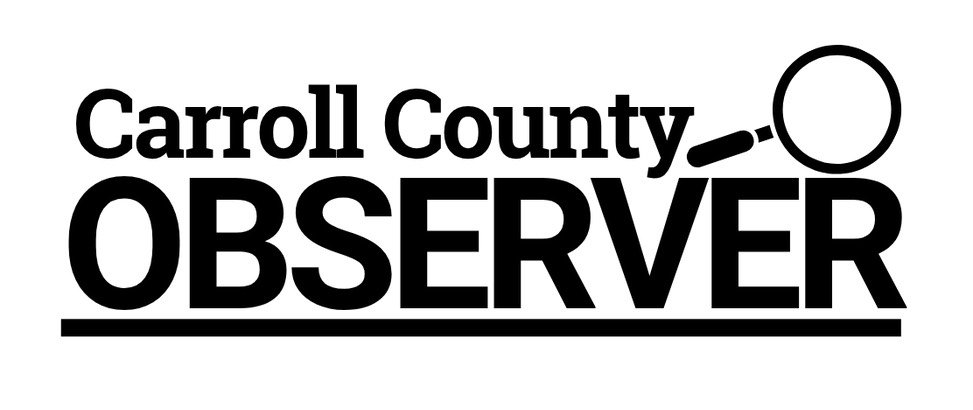For most of my writing life, the deadline was the only thing that got me moving.
It wasn’t the love of the craft, or the excitement of telling a good story so much, it was the ticking clock inching ever closer to that ominous zero-hour.
I told myself that I needed that pressure to be creative—that I am only creative when that kind of pressure is applied to me.
Without that deadline, I’d never write a word.
That belief became my crutch.
It’s a bit embarrassing to admit. But I’ve built my entire life around an arbitrary weekly deadline.
Not having that feels a bit like a smoker quitting cold turkey.
Socrates once said, “The unexamined life is not worth living.”
While that concept is one of the oldest, it’s also one of the hardest to accept.
It has me pondering why. Why do I need that pressure? Why do I give so much control of my work to a clock?
It also has me asking, “Who am I without a deadline to keep me focused?”
Socrates believed truth begins with asking uncomfortable questions. But he didn’t offer much help beyond questioning.
That’s where Aristotle comes in.
Aristotle argued that the good life is built on habit. He believed virtue isn’t some lofty ideal but a practice.
It’s earned through repetition, through discipline, and through choosing the right action even when it’s inconvenient or unnoticed.
If Socrates challenges me to examine the crutch, Aristotle challenges me to walk without it.
Now, I’m challenged to write, not because I have to, but because I choose to.
I’m challenged to create, even without the adrenaline rush of a deadline.
I’m blessed with the opportunity to shape a habit that reflects who I want to become.
If I can do this, if I can write without the panic or the pressure, I’ll find out whether I ever really needed the crutch at all.
If I can succeed in that endeavor, maybe you can too—whatever crutch you’re leaning on.
“Examine yourselves to see whether you are in the faith; test yourselves.” – 2 Corinthians 13:5
Bye until next week.

